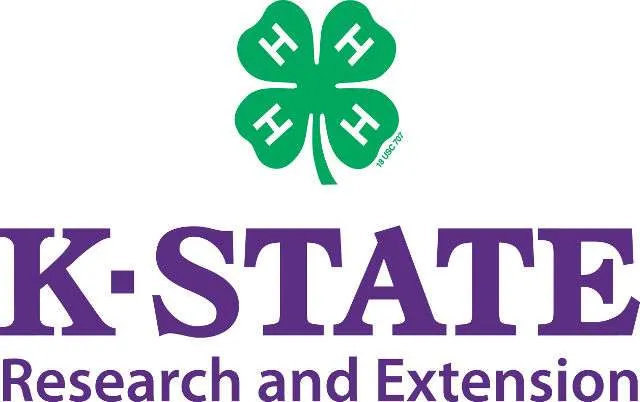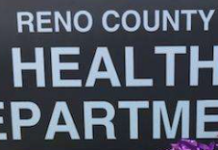Forms encourage youth to document, reflect on activities
MANHATTAN, Kan. – There’s an old saying that wonders if a tree falls in a forest, but nobody was there to see it…did it really fall?
Kansas 4-H youth development specialist Amy Sollock hopes the state’s youth don’t have to ponder that same conundrum. That’s one reason why she touts the state’s record-keeping forms to all 4-H youth.
“We find immense value in any project-based learning experience throughout the year,” said Sollock, who is located in the southwest region of the state. “In order to grow from those experiences, it’s important to document and reflect on them. We’ve developed a record-keeping system to help 4-Hers learn some of those important skills.”
The state’s Project Report Form is nine sections long, but it’s not all that daunting. Sollock says the forms contain a set of easy-to-follow steps to help kids capture what they did, what they learned and more.
She added that the Permanent Record Form encourages youth to capture events outside of their 4-H involvement.
“We find value in documenting everything a young person is doing,” she said. “As they go through the 4-H program, their Permanent Record grows with the child each year. They add to it and before you know it, it’s quite an impressive document.”
Numerous 4-H alumni and parents have reported that keeping records in 4-H has helped them fill out forms such as college admissions, scholarships and even job applications. Sollock said it’s also a great resource for creating a resume.
“I think our kids are busier than they have ever been with all of the activities that are available to them,” she said. “It’s not reasonable to remember everything accurately once we get 5 to 10 years down the road.”
“The fact that they’re documenting their experiences – and more importantly what they’ve learned or gained from those experiences – they have everything in one spot when they sit down to create a resume or fill out a job application.”
The Kansas 4-H record keeping and project report forms are available online.
“We’ve got forms that are appropriate for age and skill level, as well as for general projects and animal projects,” Sollock said.
“We want this process to be easy. Record keeping isn’t anybody’s favorite thing to do, but it shouldn’t be difficult. We think that it’s important enough that we want all kids to experience it and learn from it. We think our system is straightforward and easy to understand.”
Learn more about the many opportunities available to youth on the Kansas 4-H website. More information also is available at local extension offices in Kansas.
-30-
FOR PRINT PUBLICATIONS: Links used in this story
Kansas 4-H Youth Development, www.kansas4-h.org
Kansas 4-H record keeping and project report forms, www.kansas4-h.org/resources/awards-and-recognition/ProjectRecognition.html
K-State Research and Extension statewide offices, www.ksre.k-state.edu/about/statewide-locations.html
K State Research and Extension is a short name for the Kansas State University Agricultural Experiment Station and Cooperative Extension Service, a program designed to generate and distribute useful knowledge for the well being of Kansans. Supported by county, state, federal and private funds, the program has county extension offices, experiment fields, area extension offices and regional research centers statewide. Its headquarters is on the K State campus in Manhattan. For more information, visit www.ksre.ksu.edu. K-State Research and Extension is an equal opportunity provider and employer.
Story by:
Pat Melgares
785-532-1160
[email protected]
For more information:
Amy Sollock
620-275-9264
[email protected]





